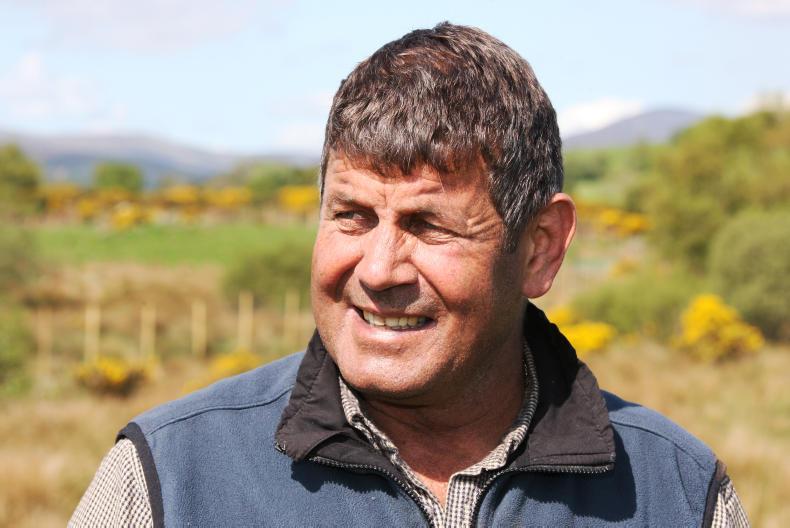Three new measures to support biodiversity in Irish forestry have been announced today by the Minister of State at the Department of Agriculture Andrew Doyle.
Speaking on the new measures, Minister Doyle said they were part of the midterm review of the national forestry programme which aimed to support biodiversity.
Further details on all three schemes can be found on the Department’s website.
Continuous Cover Forestry (CCF)
This support will aim to encourage the production of commercial timber while retaining forest cover at all times.
The distinctive element of CCF is the avoidance of clearfelling areas greater than 0.25ha or more than two tree heights wide without the retention of some mature trees.
The scheme will comprise a CCF Transformation Management Plan that will run for a period of 12 years with three instalments of €750 occurring at intervals throughout the 12-year period.
Commenting on the new CCF measure, Minister of State Doyle said: “This initiative will transform forests into uneven aged and permanent woodlands enriching the biodiversity of these habitats and enhancing the landscape.”
Deer Tree Shelter and Deer/Hare Fencing Scheme
The Deer Tree Shelter (DTS) scheme aims to support landowners who wish to plant broadleaves in areas where there is a risk of deer damage.
All three species of deer in Ireland are capable of inflicting serious damage to trees, sika deer, fallow deer and red deer. This damage can occur through grazing the foliage of young trees, bark stripping or fraying damage from antlers.
Broadleaves in particular are vulnerable to significant deer damage.
Minister Doyle said the scheme underpinned the Department’s determination to increase broadleaf planting to at least 30% of overall planting in a given year.
Woodland Improvement Scheme (WIS)
The WIS is to be changed to introduce grant aid to carry out a second thinning intervention for broadleaf forests.
This aims to enable more light to penetrate the forest canopy and reach the forest floor, thereby allowing plants to re-colonise the forest area.
Grant aid for the first thinning intervention remains at €750/ha, while funding for the second intervention is capped at €500/ha.






 This is a subscriber-only article
This is a subscriber-only article











SHARING OPTIONS: